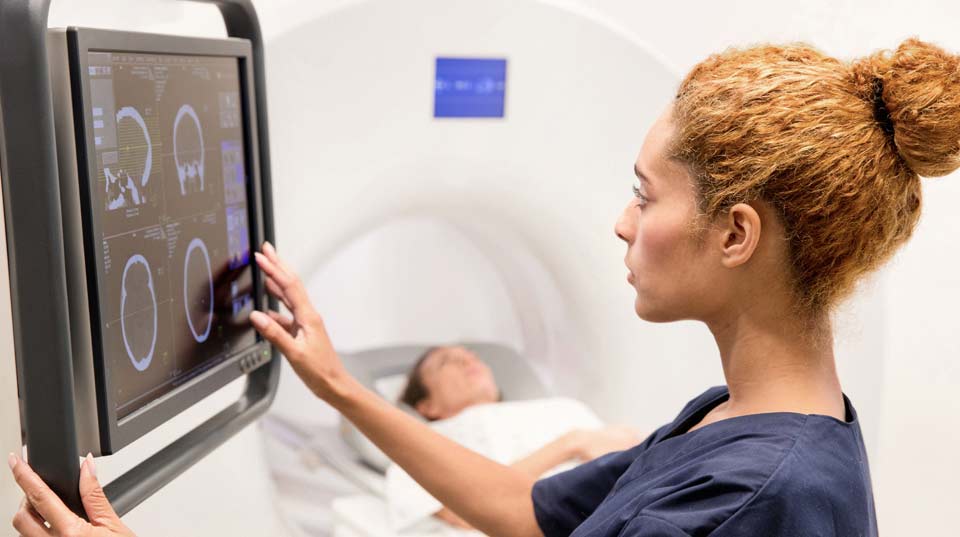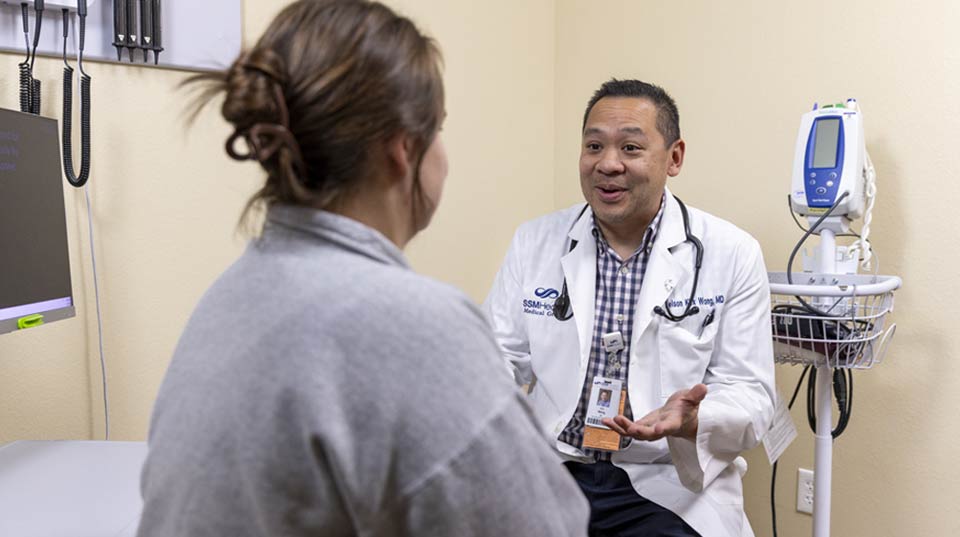 The American health care system faces significant challenges that affect both patients and clinicians. As a national network, Optum has a unique opportunity to improve health care for all by delivering improved care for patients. That starts with making working in health care a better experience for clinicians.
The American health care system faces significant challenges that affect both patients and clinicians. As a national network, Optum has a unique opportunity to improve health care for all by delivering improved care for patients. That starts with making working in health care a better experience for clinicians.
In today’s environment, patients expect a high-quality experience, making a culture of patient-centered care not just a “nice to have” but a “need to have.” As patients become more involved in their care — and evidence of its clinical efficacy grows — technology and information delivery are also vital to improving health care. That’s why the Optum patient-centered care model promotes active collaboration and shared decision-making among patients, families, caregivers and providers. This enhanced coordination can lead to better patient experiences and health outcomes. Here are four critical aspects of our patient-centered care:
- Care is collaborative and coordinated, addressing physical health and emotional, social and financial aspects of a patient’s situation.
- Patients should have complete control over decisions about their care and treatment.
- Clinicians are there to inform, advise and support. Ultimately, the patient decides on their action.
- Patients need to understand the procedures and treatments they will undergo fully. Clinicians should strive to make patients as knowledgeable and comfortable as possible, especially when dealing with complicated or painful illnesses or injuries.
We also work with local communities to remove barriers and provide equal access to quality care. Optum Health Equity collaborates to tailor support to meet individuals’ needs, while Optum Patient Care Management helps organizations proactively manage care and educate patients to avoid complications and reduce unnecessary hospital readmissions. Optum also works with employers, health plans and providers to connect patients with solutions and services that adapt to their needs and location.
We are making health care a better experience for clinicians
Optum empowers clinicians by offering opportunities and skills to lead meaningful, happy and healthy lives while pursuing exceptional careers. Recognizing that health care needs are unique and personal, Optum provides comprehensive benefits, supporting all aspects of life. These include market-competitive health and wellness programs, retirement and savings plans, paid time off and resources to manage health and financial well-being.
Professional development is also crucial for maintaining proficiency. Optum offers a range of learning programs, from workshops to online courses, to help clinicians stay current with medical advancements.
Improving health care requires transformative technology
Technology has the power to improve healthcare in many ways, including helping clinicians improve their skills and provide empathetic care. For example, Optum is making it easier for doctors and nurses to focus on caring for patients by providing tools based on the latest research. These tools help clinicians make quick decisions about the best treatments and reduce the time spent dealing with paperwork and insurance claims. Other benefits include:
- Driving down the cost of electronic health record (EHR) implementation and operation.
- Reducing administrative burden and waste.
- Enabling payer-provider collaboration.
- Care virtualization and digitalization.
- Bringing intelligence to clinical decision support.
- Improving the patient and provider experience.
Optum IT Performance Services offers the technology and expertise to enhance efficiency and alleviate staffing pressures, allowing organizations to focus on delivering exceptional healthcare. Optum Clinical Technology Solutions (CTS) improves care outcomes by equipping clinicians with essential tools and insights.
Clinicians using Optum CTS tools follow best practices 98% of the time, compared to 72% without them, and make decisions 20% faster.
Optum integrates trusted AI insights to enhance tools with predictive capabilities, shifting the focus from problem detection to prevention. AI can analyze patient data to suggest diagnoses and treatment plans and compare test results from many patients. It also helps identify potential health risks, which can lead to more preventative care options. Patients can also use digital health technologies to manage their health more independently, such as medication reminders, exercise trackers and nutrition apps. These technologies can help patients increase their engagement and self-efficacy, which can lead to better health outcomes.
At Optum, our work is complex but our mission is simple: to create a healthier world with patients and clinicians at the center. At Optum, you’ll work with people who are intensely committed to our ambitious goals while never losing sight of what’s most important: the people we serve. The experience of working at Optum is truly unique because of our three distinguishing employer pillars: Caring, Connecting and Growing together. Join us and help shape the future of health care starting now.




